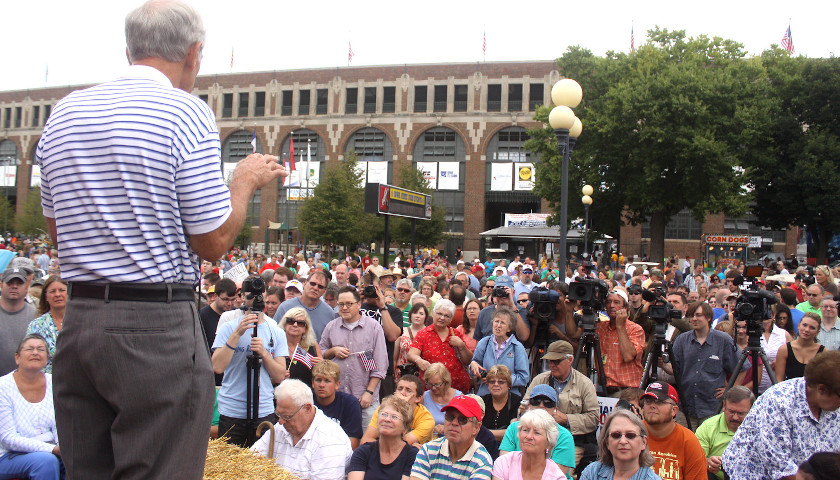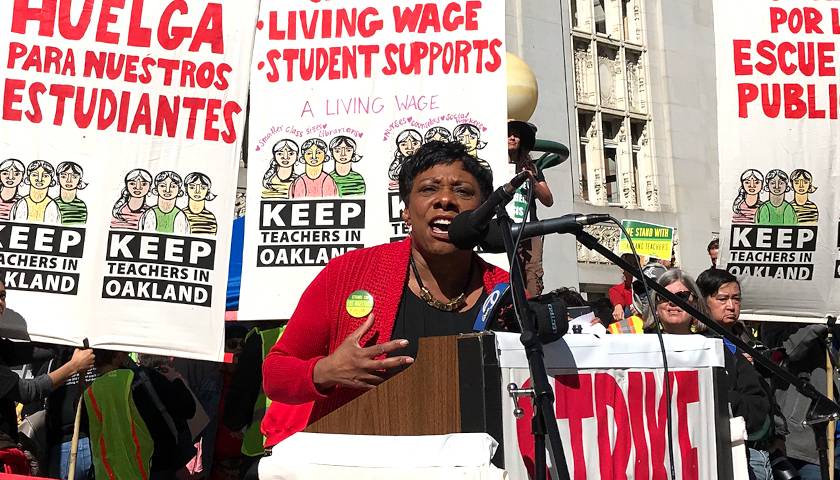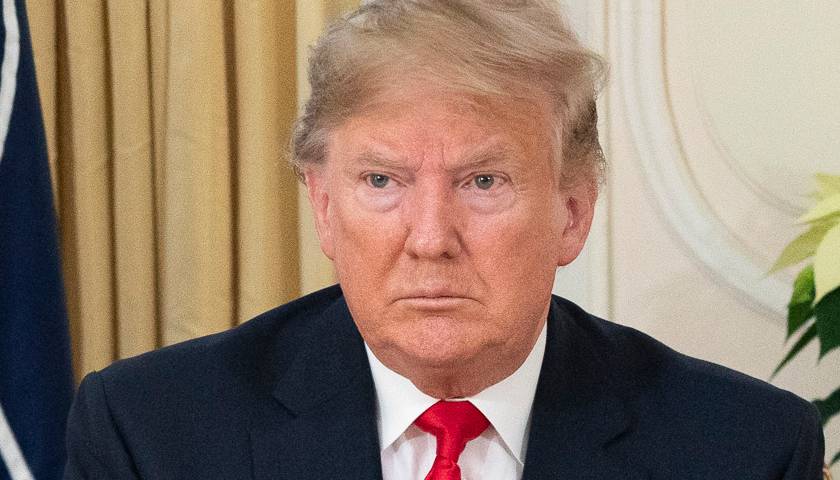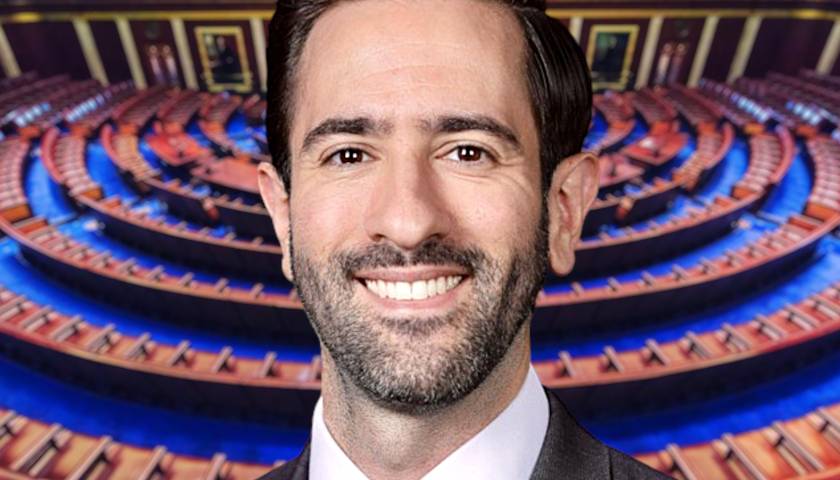by Jeff Minick
On New Year’s Eve, four of my siblings, their spouses, and I gathered at my sister’s house in Asheville, North Carolina. A table covered with side dishes and hors d’oeuvres, wonderful conversations and reminiscences, and glasses raised at midnight: it was a memorable New Year’s Eve party.
The party continued the next morning with more food and conversation. I decided to try an experiment of sorts.
My siblings and their spouses are a mixed bag in terms of professions, religion, and political views. Here are a banker, a musician who sells auto parts, a counselor, a musician who works for the Biltmore House stables, a retired chemist, a retired art gallery owner, a secretary, and a maintenance worker in a hospital. They include Christians, Jews, and non-affiliated believers in a higher power. Politically, they are all over the board: Democrat, Republican, and independent; liberal and conservative. Some voted for Donald Trump in the last election, some for Hilary Clinton, some presumably for others in the primaries.
So a thought came to me. Here were eight people under one roof, all of whom love and respect one another, but who have diverse political beliefs. What might transpire if I conducted some mini-interviews and asked them two questions? The first: Describe your political stance in a word or two. The second: What are your hopes for America in 2020? To that question I added this caveat: I wasn’t interested in what they thought of Joe Biden, Donald Trump, impeachment, or the headlines. What were their hopes for the nation?
One by one I interviewed them at the dining room table. I offered no prior explanation as to why I wanted to interview them before they came to the table. Here are their replies:
Tom, a moderate: “I have strong hopes we can become more unified. I have friends who are extreme in both directions, and yet we talk about all sorts of things. I hope Americans will be less violent emotionally. Decent to each other.”
Chris, a moderate: “My hope for America is for people to be unified in a conscious way with the goal of deciding things by peaceful resolutions.”
Doug, a centrist: “That our people will come together and that politicians will figure out a way to unite the people in this country. That might bring a drop in the violence.”
Becky, a liberal: “Unification of the country. Religious tolerance and respect.”
Arnny, who said “I don’t like either side”: “I hope we can [come] together more as a nation and come together more as a people.”
Robin, who described her politics as “person-centered”: “I hope we can regain the art of compromise and cooperation for the larger good, setting aside separatism and coming together, and seeing our commonalities instead of seeing our ideologies.”
Roseanne, moderate: “Peace.”
Jenny, conservative: “A scriptural revival in the Way. That good would prevail.”
These shared hopes surprised me. No one hoped that the economy would continue to boom, that racism would end, that the country would find a solution to its debt, that the Wall would or would not be built. No one hoped that those they regarded as inimical to American interests be banished from the public square. No one hoped to see America made great again or to change our country into a socialist state.
Instead, they expressed a desire for unification, tolerance, respect, compromise, cooperation, togetherness, peace, and goodness. The individual with the strongest Christian faith in the group, Jenny, mentioned “a scriptural revival,” but then added the general opinion “That good would prevail.”
For a country deemed by many to be engaged in a cold civil war, divided by identity politics, separated into political factions and, as Robin mentioned, by ideologies, here were eight ordinary American men and women who want that country put back together again, who long for a shared recognition of what it means to be an American and how to make the American system work so that we can “come together as a people.”
Neither my siblings nor their spouses are naïve dreamers who believe that if we all just got along, our problems would be solved. They are well past the age of 50 and have all raised children. Some of them have faced – or currently face – financial struggles; all have suffered from the deaths of loved ones; some are battling issues of health. They are grown-ups who understand the complexity of human beings, politics, and life itself.
But they know that a divided America cannot solve those problems. In conversations away from those brief interviews, it became apparent that all of these relatives, no matter their political persuasion, mistrust the mainstream media. One of the men who despises Trump, for example, nonetheless applauded his use of “fake news” to describe some of our media outlets. Others also attacked the politicians who seem more interested in driving wedges between the American people rather than building bridges.
A small, inconsequential experiment. But I wonder: If instead of giving speeches, making promises, or berating opponents during their town hall meetings and political rallies, what if our politicians asked the question: “What are your hopes for America for 2020?”
And then listened to the answers.
– – –
Jeff Minick is a free-lance writer and teacher living in Front Royal, Virginia. He may be found online at jeffminick.com.
Photo “Political Crowd Gathering” by Gage Skidmore. CC BY-SA 2.0.




